 Everyone knows there are certain pieces of information that you just don't share online, right? What if you used Twitter or Foursquare to broadcast your location at a bar, and an axe murderer was reading your stream? You just signed your own death sentence. Or how about sharing details about where you live and or pictures of your family vacation, or even your innermost thoughts and emotions? All are things that are getting easier and easier to share online, both purposefully AND inadvertently. Combine this with a new generation used to a different standard of privacy and you have a recipe for a major cultural shift that may redefine what marketers can do to reach consumers.
Everyone knows there are certain pieces of information that you just don't share online, right? What if you used Twitter or Foursquare to broadcast your location at a bar, and an axe murderer was reading your stream? You just signed your own death sentence. Or how about sharing details about where you live and or pictures of your family vacation, or even your innermost thoughts and emotions? All are things that are getting easier and easier to share online, both purposefully AND inadvertently. Combine this with a new generation used to a different standard of privacy and you have a recipe for a major cultural shift that may redefine what marketers can do to reach consumers.
A short time ago, a major concern holding back technology advances was the fear of being perceived as "cyber-stalking" your customers. If Amazon sent you an email with a discount for that book you put in your shopping cart a month ago but never purchased, that was weird. Getting a text message from store you were walking past at just that moment would be crossing the line. So companies avoided doing it. They HAD the ability to better target, to deliver more customized messages and to measure it efficiently … but they choosing not to use it. And for good reason, as using those technologies would have alienated their customers.
Today, there are several signs that some of the long held beliefs about what constitutes private information are changing. With them are coming new opportunities for marketers to offer better experiences that are not intrusive to customers but rather fulfill a need in a new and unexpected way. Here are just a few of the reasons this shift is happening and how it may apply to your marketing:
- The rewards are clear. As with any new behaviour, the incentive to adopt it must be clear. In the case of sharing seemingly private details online, the reward for most people who adopt this behaviour is twofold. Firstly they add their voice and experiences to the ambient awareness of their social network, but secondly and more importantly it allows for unexpected interactions, such as the chance meeting with a friend who also happens to be in the same coffee shop, or the comment from an old friend on a photo that you haven't heard from in a while.
- Someone actually cares. Whereas before people may have been able technically to share their real time thoughts and whereabouts, there would not have been a critical mass of their social network who could see it. Today, the majority of your friends and family can connect with you online and this means that broadcasting your whereabouts actually matters because someone you care about will actually see it.
- Updates are easy. Part of the reason people are sharing more frequently is that updating their social networks has become much easier. Now with an app, a touch of a button and a few words you can send an update. That makes it more likely people will do it more frequently. As frequency increases, sharing becomes an inherent part of your routine. So now you have people who will, as a matter of course, check into any restaurant they walk into on Foursquare without even thinking about it.
- The risks seem lower. Everywhere you turn there is a new service promising to protect you if you ever get into trouble with identity theft. Credit cards will refund you any disputed amount, covering you in case someone tries to use your accounts illegally. Though it may not be true, the risks of sharing more information about yourself online certainly SEEM lower than ever before. You may debate whether this is true, but the perception is certainly influencing behaviour.
There are likely other reasons why people are adopting new behaviours of sharing their lives online, but there is no disputing that this trend is on the rise, and it may very well open up the doors on a style of marketing that we all used to shy away from … but may now be able to embrace.







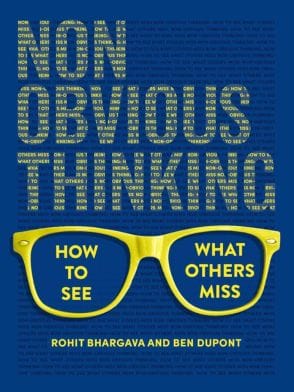

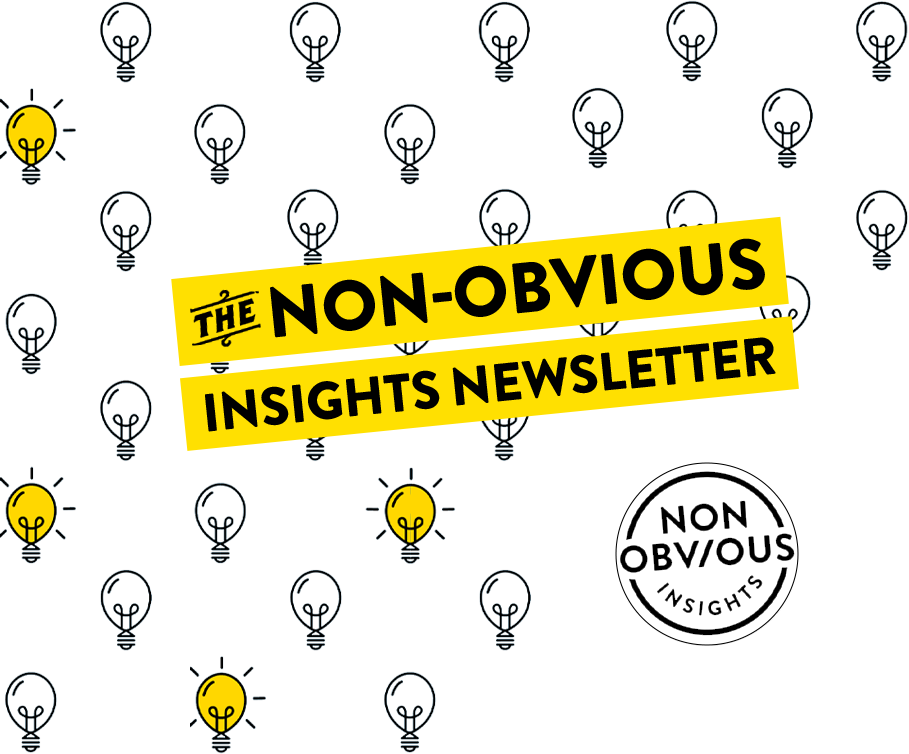


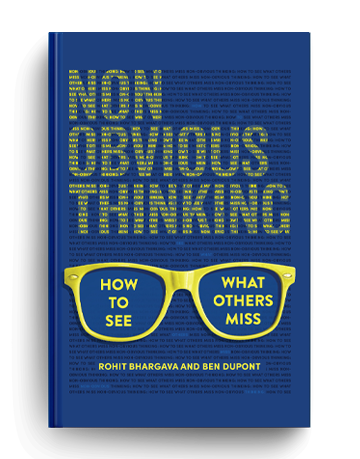
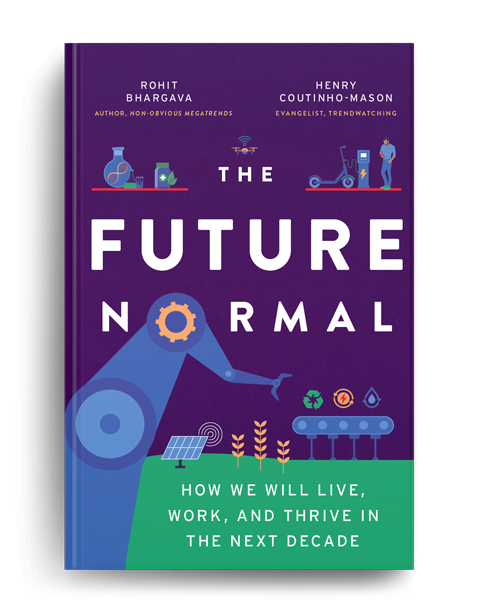

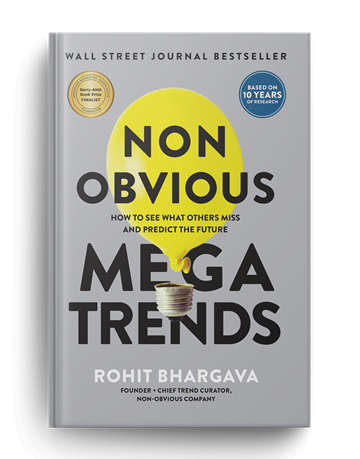
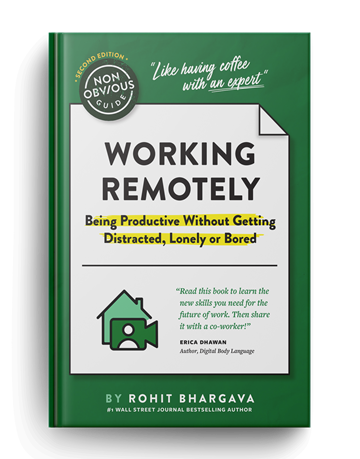


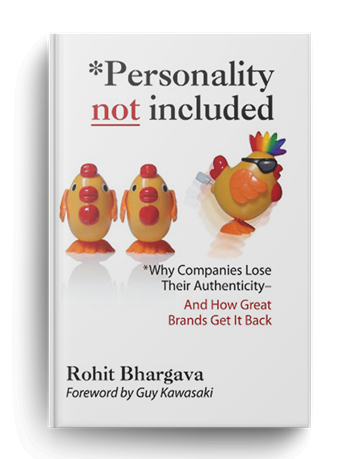
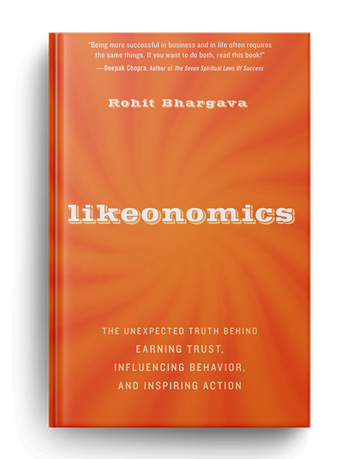


I like the post, Rohit.
If you drop a frog into a pot of boiling water it will jump out quickly. However, if you place a frog in a pot of cold water and begin to heat it ever so slowly the frog won’t notice the gradual increase in temperature- even to the point of letting itself being boiled! Privacy(or lack thereof) has a new face since 5 years ago, but consumer behavior hasn’t changed significantly because the changes to our privacy have been made gradually over time. There are always a couple spikes in the news about privacy concerns online, but I’ve yet to see a real consumer backlash. I think consumers will continue to accept changes in privacy because, like you said, the risks are lower now, but also because to the consumer’s eye the changes are always slight and non-threatening.
I hope all is well.
You have read my mind with this post. Secrecy and identity are the big nothing is now secret. Gowalla and Fourquare make privacy geolocation. Your location is not secret. If you look at even further all of your info is kept online.
The days of secrets and lies and lying low for bit are number. In a Wild World Web there outlaws but the outlaws are leading tribes and are colourful.
I totally understand your view points from the marketeer’s point of view.
The reverse is also true.
I am just starting to use foursquare, I think it is great service, however, I tend to update my locations NOT real time.. just because of that, to avoid not mainly axe murderers but people whom I prefer not to meet (to be targeted)..
One thing I agree is that it is evolving.. but sadly in some ways might be in detriment of our personal/professional needs.
Privacy is paramount.. and whether credit card companies insure against it or not may help, but sadly NOT the answer..
biggest challenge is that the startup/tech field (especially online) tend to mostly focusing on slice of the value chain.. we need some further investments into the ‘whole of the value chain’.. privacy is too important to have multiple holes of leakages..
Once that is achieved, the future and opportunities would be unlimited!
@GarethWong
I know when I use Foursquare I don’t publish it to my network unless I get a prize of some kind. I remember back in 1997 when my boyfriend at the time warned me of putting my last name in my Yahoo messenger profile. It is amazing how things have changed. When you are looking for a job you are told to put your information into Zoom info and then at the same time Facebook changed things when they opened it up to everyone. So you used to be an alias now you are a normal person who just has information online.